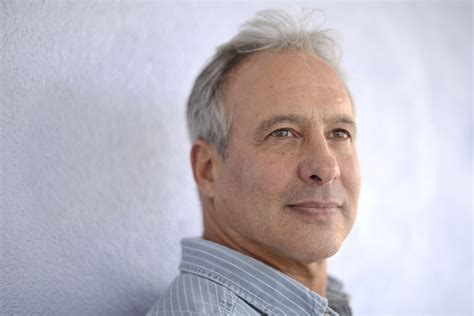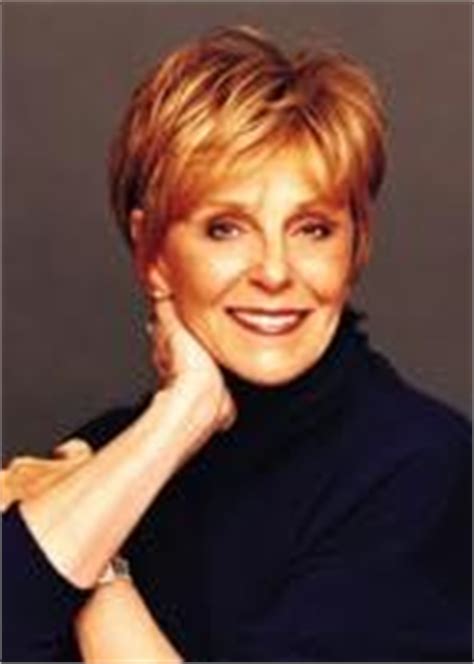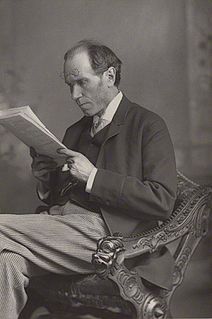A Quote by Eugenio Montale
The poet does not know - often he will never know - whom he really writes for.
Related Quotes
A FRIEND IS A PERSON . . . With whom you can be sincere. . . . To whom you never need to defend yourself. . . . On whom you can depend whether present or absent. . . . With whom you never need pretend. . . . To whom you can reveal yourself without fear of betrayal. . . . Who does not feel she owns you because you are her friend. . . . Who will not selfishly use you because she has your confidence. I WOULD HAVE SUCH A FRIEND. . . AND I WOULD BE SUCH A FRIEND. I DO HAVE SUCH A FRIEND!
I don't know why one author writes westerns while another writes detective novels. You don't know why. You go where the intensity is. I feel most comfortable writing about monsters. It's possible that I feel like a monster myself. Or maybe it's because we all have a monster inside of us, a vampire, a ghost, a witch or a werewolf. You do it because it works and it feels really right and authentic.







































